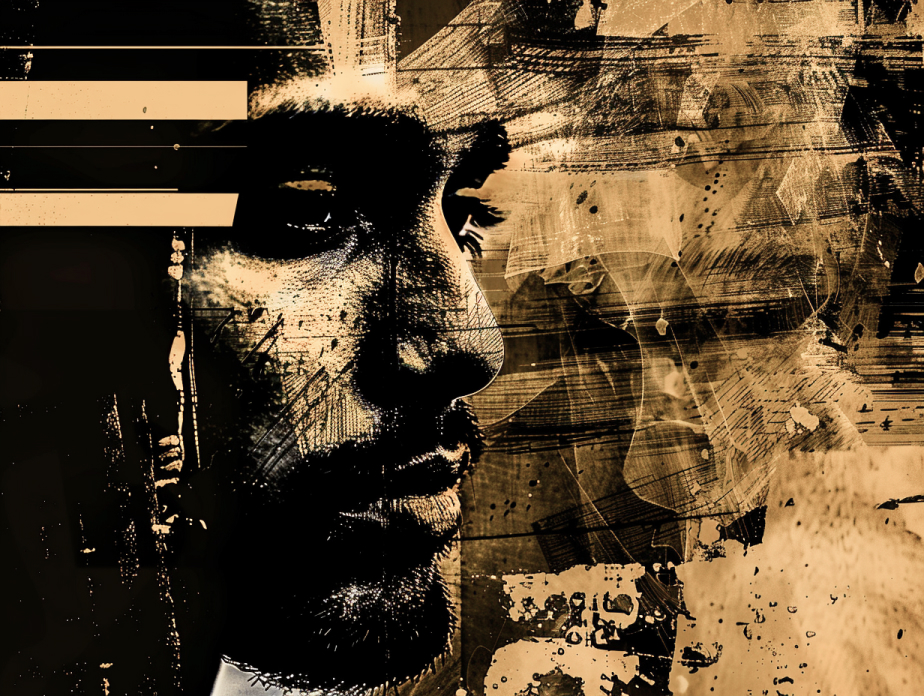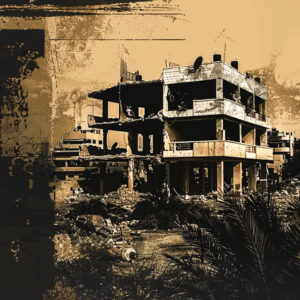The artist's ability is always manifested in expressing what fills his soul and inspires him…

Cologne is a movie by the German director “Florian Galenerger”. He retells the story of General Augusto Pinochet’s coup in Chile, from the point of view of a left-wing journalist who experienced arrest and part of the suffering that followed the coup against elected President “Salvador Allende”. The script of the film relied on two main characters: the British “Daniel Bruhl” as “Daniel” or “Hans”, and the British “Emma Watson” as “Lena”, who lived a story of love and suffering to deviate from the film’s main purpose into a series of chases to reach the expected result.
The film begins with a meeting between two lovers, “Lena”, the flight attendant, and “Daniel”, who works as a photographer for the Chilean revolutionaries as their image maker, on the eve of the “Pinochet” coup, where Daniel is arrested and sent to Colonia Den Grad, the Dignity colony located 360 kilometers south of Santiago. Lena begins the journey of searching for him and saving him, despite the failure of everyone to help her, even his rebellious companions, to insert herself inside the walls of that colony, and live its horrors, which the film portrays as a religious nationalism led by a man named Paul Chanel, who is from “Hitler” Youth. It is a cover for the manufacture of weapons and toxic gases, in addition to being a center for torturing opponents.
The two lovers meet inside the colony under false dramatic circumstances. The journey of searching for survival begins, ending 132 days after Lena entered the colony, with a rescue trip full of dramatic gaps, and a happy ending that brings the two lovers back to Frankfurt on a plane that defies Pinochet’s guards. They return to their homeland despite the German embassy’s complicity with the coup government, to reveal the terrible crime that was committed without the world moving a finger. But what did the film give us, apart from highlighting the “Cologne colony” and the violations taking place?
The first scenes of the film began with a display through a red screen of historical events that framed the event as a struggle of major world powers, over what was known as the left tide of Latin American countries, but after entering into the main events of the film, the course of the film changes, to tell the story of “Daniel and Lena”. Despite the reliance on famous actors who played great roles in previous works, this movie was not among them. The poor performance was worsened by the script’s lack of a professional dramatic plot, it was full of gaps, starting with the scenes of two lovers who were surprised by what happened, the simulated arrest, as the two lovers crossed the streets of Santiago without being intercepted even though the police were arresting all the people on the street! Until one of the policemen spotted the curious Daniel trying to film the event with his “camera”.
Despite Daniel arrest after being recognized by one of the detectives, he was able to deceive everyone as an idiot, changing his name as well! Added to this is his amazing ability to assess what is happening in the colony, analyzing the psychological state on which the social order is built, explaining this knowledge with what the colony men tell him, destroying his torture instruments hidden underground without anyone discovering what happened?, and fleeing and travelling all that distance without being intercepted. Despite the fact that the film talks about real events that took place in Chile, the work was not able to link between what is happening in the colony and what was happening on the ground outside it.
The film’s director, Florian Gallenerger, defended his work by saying, “We wanted to present an entertaining, but meaningful work at the same time, and we did not seek to provide a history lesson.” He was right, but the entertainment and suspense would have been more if the script had been reproduced in another way, away from the stereotyping and flattening of the characters, or relying on a fictional work that gives a more beautiful course of events that interacts with the viewer, such as in a work that preceded it years ago “The House of Spirits” taken from the novel by the Chilean writer “Isabelle Allende”, which gave a more honest and realistic picture, without lacking suspense, of what happened in that era with a more profound and literal dramatic vision.
Rami Maki



